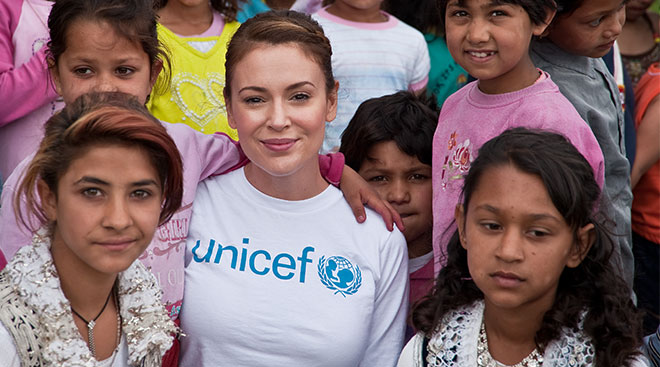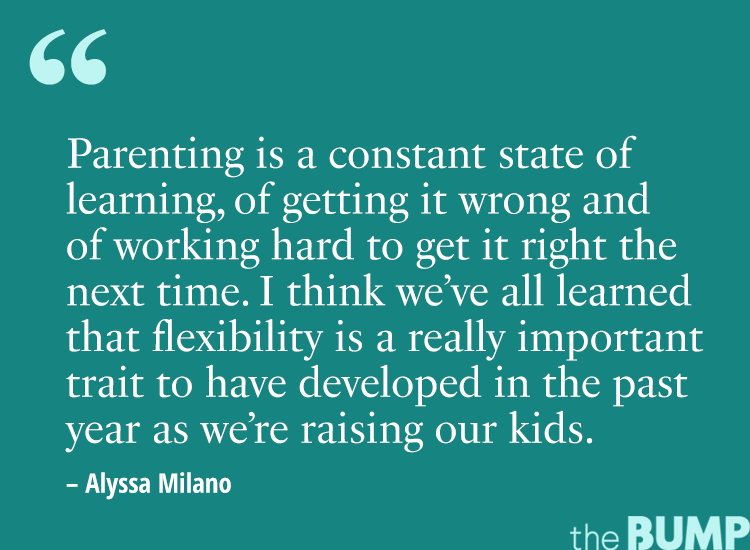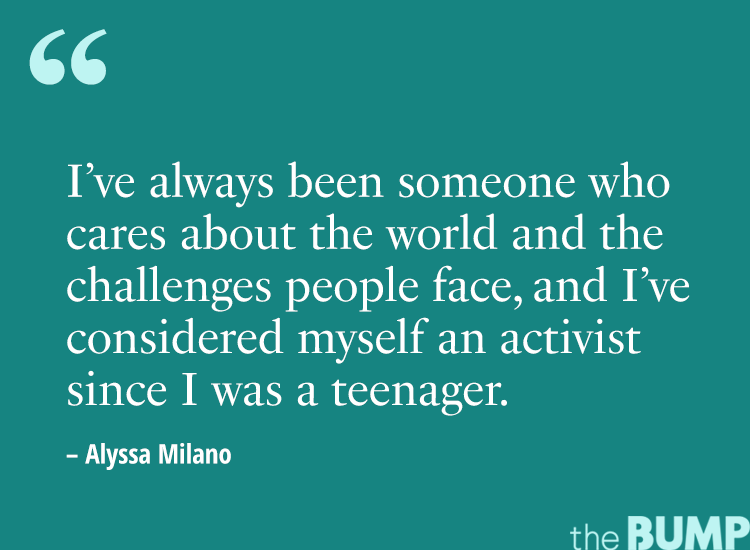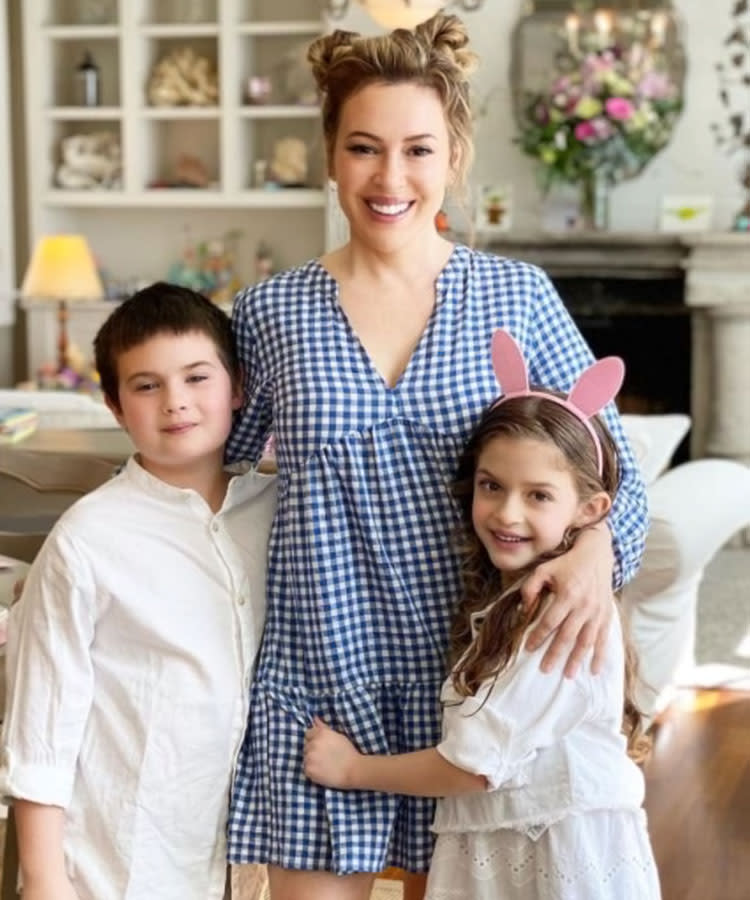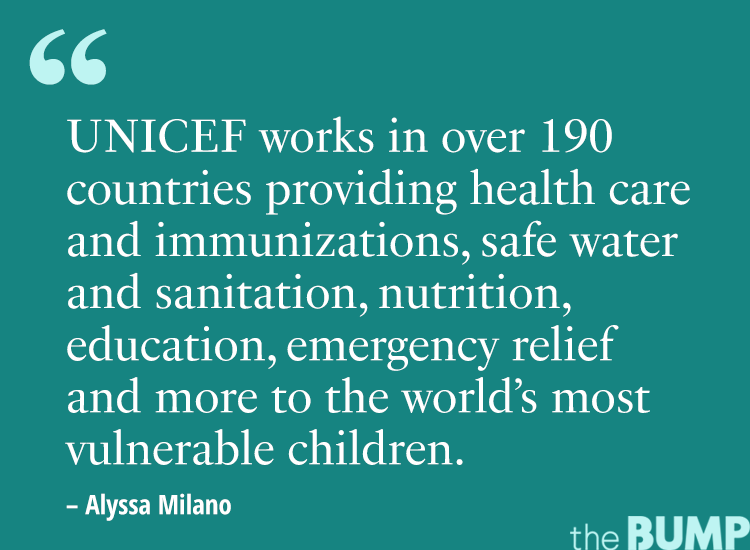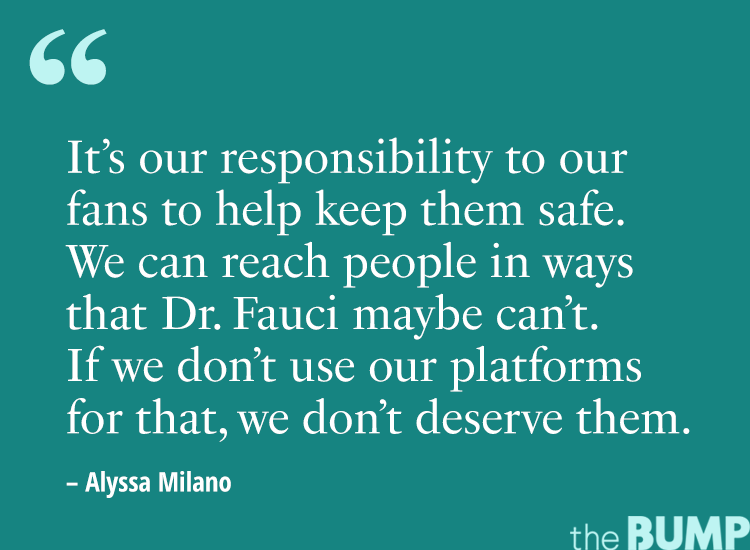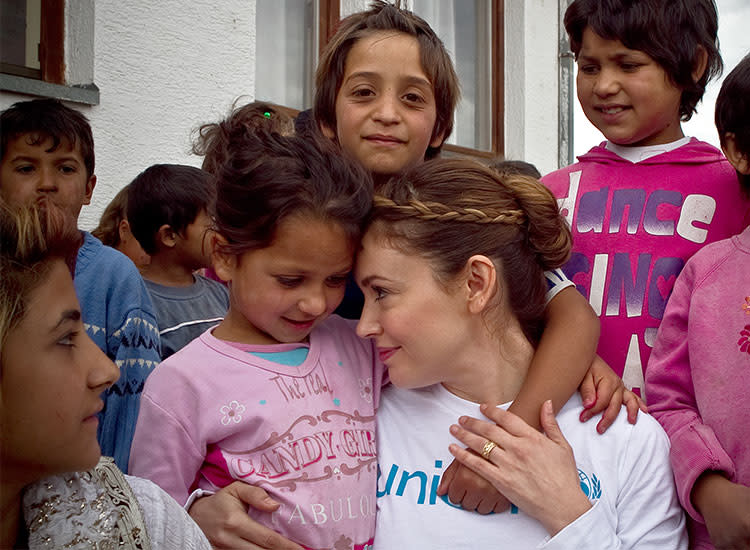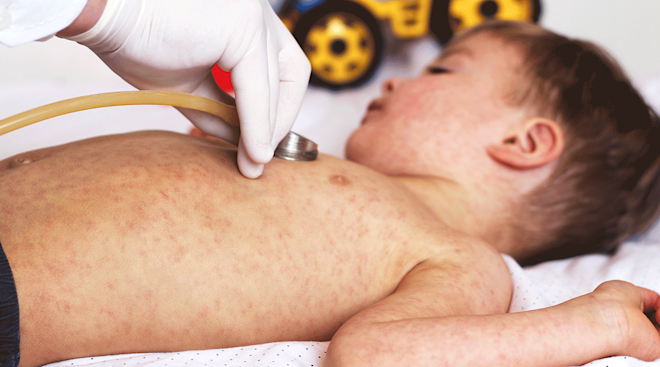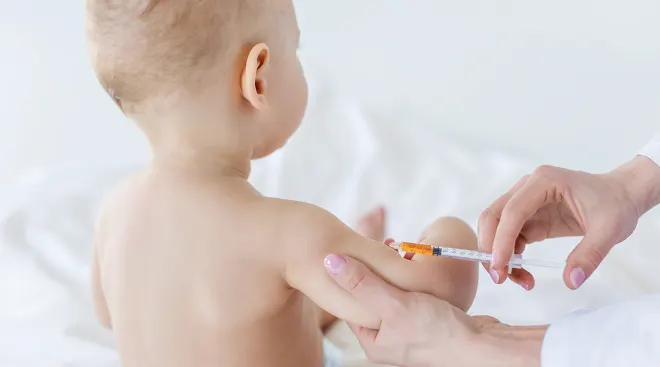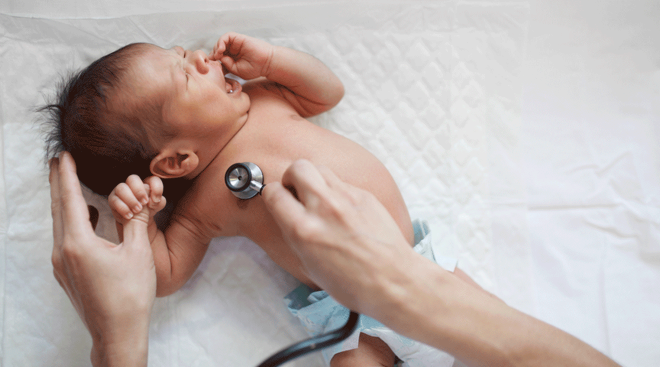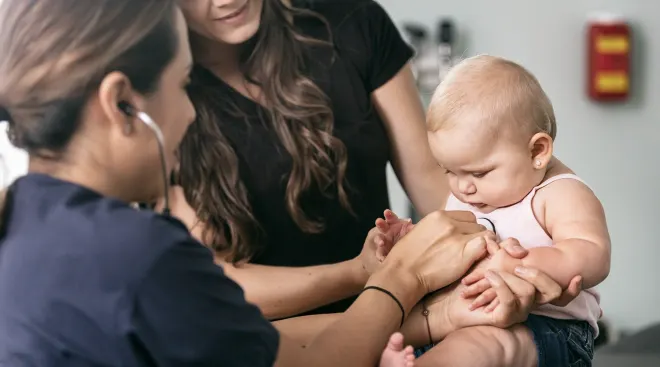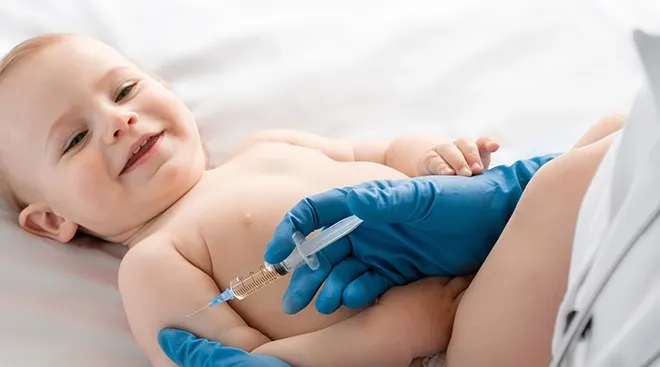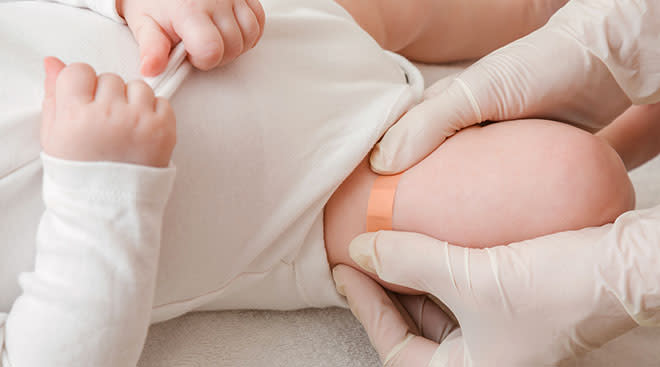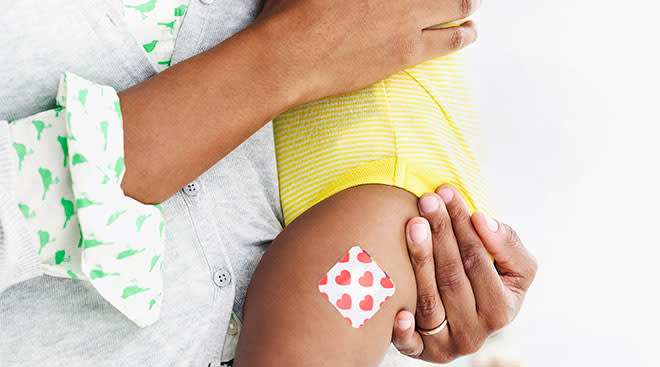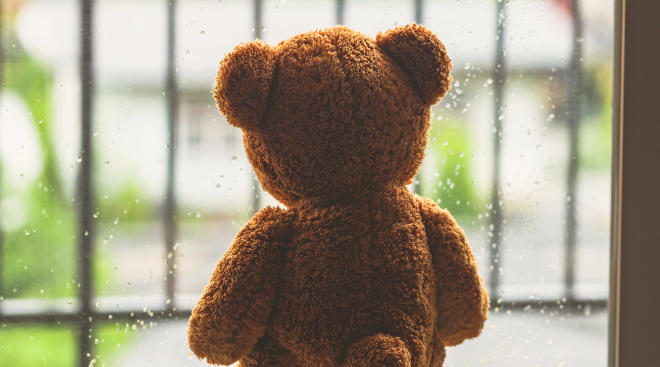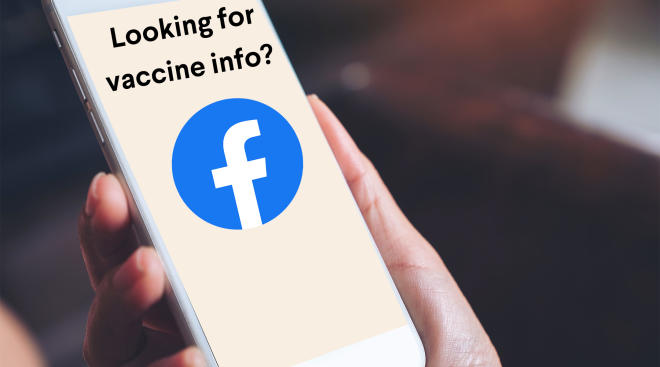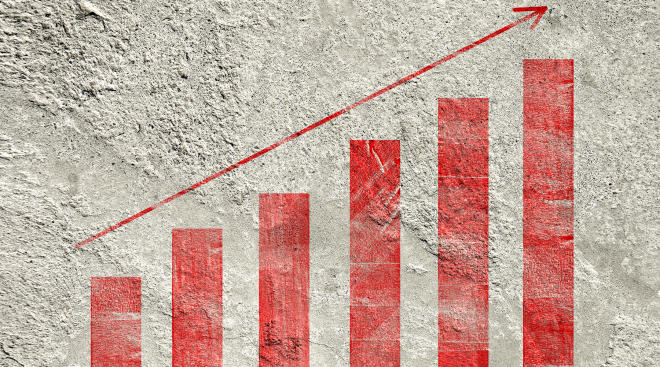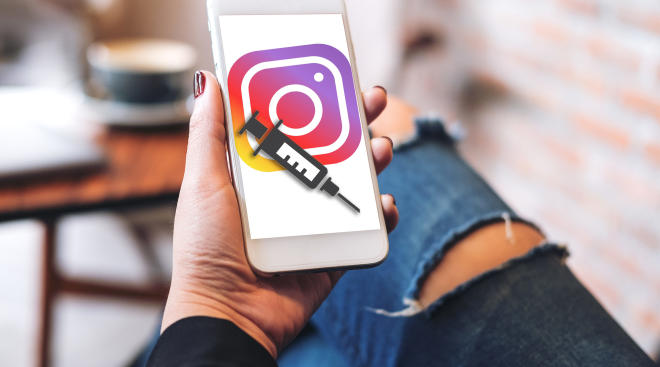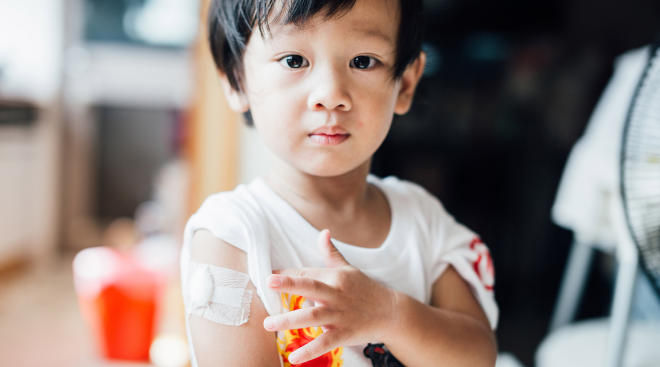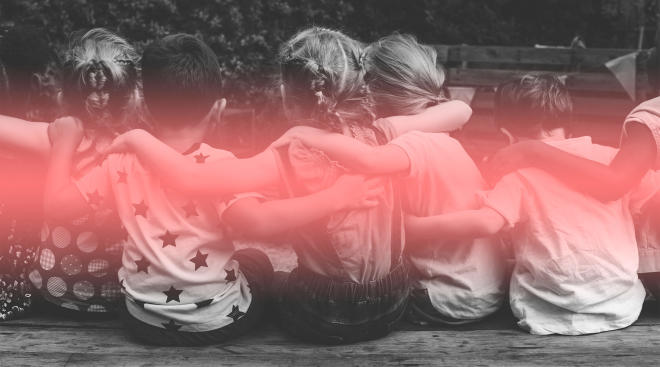Alyssa Milano on Parenting, the Pandemic and Working With UNICEF USA
Alyssa Milano got her TV start on the hit sitcom Who’s The Boss in the 80’s and the mom of two has never looked back. A boss in her own right, the actress, producer, singer and author is also a passionate activist. She’s partnered with UNICEF USA since 2004, raising money and awareness about AIDS, poverty and now, vaccinations.
The last week of April is World Immunization Week. It’s a moment in time to raise awareness around the importance of vaccinations, and we couldn’t think of a better year to beat that drum. We caught up with Alyssa to talk about all things pandemic, parenting and what gives her hope for the future.
The Bump: This global pandemic rocked us all, especially parents. How has it been for you and your family?
Alyssa Milano: Well, it took place during the most consequential presidential election of my lifetime, so I worked a lot on the election. I’ve also been producing my podcast Sorry Not Sorry and wrote a book—also called Sorry Not Sorry—which will be out this fall. I’ve spent a lot of time with my family, taken up watercolor painting to relax and I’m in Canada now shooting a movie, so it’s been pretty busy for me.
TB: A year later and we’re still in it (with vaccine hope on the horizon). What have you learned as a parent during this time?
AM: Listen, I think parenting is a constant state of learning, of getting it wrong and of working hard to get it right the next time. I think we’ve all learned that flexibility is a really important trait to have developed in the past year as we’re raising our kids—and that it’s important to listen to them. Kids are suffering in this pandemic in a very different way than adults are, and we need to hear what they have to say about it and take them seriously when they tell us they are struggling.
TB: Anyone who knows you knows that you’re an incredible advocate for causes that are close to your heart. What inspired you to get involved with UNICEF USA and ultimately become an Ambassador?
AM: To be very honest, they asked. I’ve always been someone who cares about the world and the challenges people face, and I’ve considered myself an activist since I was a teenager. But being invited into UNICEF really showed me some of the huge systemic problems children around the world are facing. So many kids don’t have access to things many of us in the western world take for granted—although given recent situations like Flint, maybe we shouldn’t. Things like clean water, easy access to medical treatment and vaccines, sanitation, education and the freedom to access these services even when they are available. That’s not something that a lot of the world experiences.
I could not see the pain these kids and their families were in and do anything but say yes when UNICEF USA asked me to be an ambassador. We have so much work to do, and they’re doing more than their share of it.
TB: How is UNICEF supporting children and families around the globe who have been impacted by COVID-19?
AM: UNICEF has been working around the world to make sure it’s not just the rich countries who have access to the COVID vaccine. Just a handful of countries—places like the United States, Canada and the UK—have snatched up about 90 percent of the world’s available vaccine supply for 2021. That’s just wildly unfair, and dangerous—the virus does not respect national borders, and we’re seeing these variants pop up so quickly in part because the world is not vaccinated yet. UNICEF is deeply involved in COVID education around the world, and they are also making sure that cold storage and distribution is available in so many places that can’t otherwise handle these vaccines.
In addition to working with governments, UNICEF and partners are working with vaccine and drug manufacturers to fight for equitable distribution of tests, vaccines and therapeutic treatments around the world.
TB: UNICEF has been tasked and entrusted with procuring and supplying over 2 billion COVID-19 vaccine doses in 2021. That’s a big job—can you tell us more?
AM: UNICEF is probably the most experienced organization in the world in getting vaccines to the areas needed and building the infrastructure necessary to distribute them. UNICEF works in over 190 countries providing health care and immunizations, safe water and sanitation, nutrition, education, emergency relief and more to the world’s most vulnerable children. Currently, UNICEF delivers vaccines to nearly half of the world’s children under 5 years old, protecting up to 3 million kids from life-threatening diseases each year.
TB: You’ve always been vocal about the causes you support. As a public figure, do you feel like you have a role to play in helping to end the pandemic?
AM: Absolutely. I tell you, it makes me so frustrated to see celebrities who have huge platforms staying away from work like this out of fear of a negative career impact. We’ve been so lucky to have the attention of people around the world who probably don’t pay as close attention to government or politics. It’s our responsibility to our fans to help keep them safe, to fight against the horrible lies and politicization of science and medicine. We can reach people in ways that Dr. Fauci maybe can’t, and counteract some of the harm that bad leaders have done in spreading misinformation about the disease, the treatments, the preventative measures and what we need to do to take care of one another. If we don’t use our platforms for that, no matter how big or how small, we don’t deserve them.
TB: How can we all do our part to help?
AM: The existence of a safe and effective COVID-19 vaccine alone will not end the pandemic. We need a diverse set of tools to help slow the spread of COVID-19, including diagnostics and treatments, as well as a continuance of preventive measures such as hand washing, physical distancing and mask-wearing. You can support UNICEF’s effort by visiting www.unicefusa.org/EndThePandemic.
You can also pay it forward and support equitable COVID vaccine distribution this Mother’s Day with a gift in honor of your mom or a mother you admire, and she will receive an ecard letting her know you’ve given in her name.
TB: Looking back on this year, or your time as a mom in general, what is the most rewarding part of being a parent for you?
AM: When my kids don’t know that I’m watching and I see them holding hands in the back seat of the car, or supporting each other without being prompted. I watch them love each other so fiercely and think, “how did I make these incredibly special people?” It’s the best feeling.
TB: COVID presented plenty of challenges for parents. And for a lucky few it meant more time together as a family. What are some things that you don’t want to see go back to “normal”?
AM: Oh, there’s so much. I hope to God we never have a school shooting again, but unless our government decides to get out of bed with the gun industry, I am certain we will keep having them. I’d love to normalize people staying home and wearing masks when they are not feeling well. We can seriously reduce cold and flu transmission if we wear them. I hope we can continue to be flexible with our kids and the way they learn and ourselves and the way we work. And I think continuing to allow people to work remotely for most jobs will be very good for our environment, for our infrastructure and for our corporations’ bottom lines.
TB: What’s the best way for parents to learn about vaccinations, especially developments with regard to the COVID vaccine and the eligibility of children?
AM: Always speak to your pediatrician. Get advice from doctors you trust, not from some video on YouTube, your yoga class buddy or from anyone who calls themselves a “guru.” The CDC and WHO websites have a lot of great information and resources and for anyone looking for more information about vaccinations and the eligibility of children.
TB:And last but not least, what keeps you going? What gives you hope?
AM: My kids give me so much hope. The kindness they show one another, the way they think about the world and still see it as a pretty magical place even when it’s in the state it’s in right now gives me hope. So do the young activists out there, holding everyone’s feet to the fire.
Please note: The Bump and the materials and information it contains are not intended to, and do not constitute, medical or other health advice or diagnosis and should not be used as such. You should always consult with a qualified physician or health professional about your specific circumstances.
Navigate forward to interact with the calendar and select a date. Press the question mark key to get the keyboard shortcuts for changing dates.

































